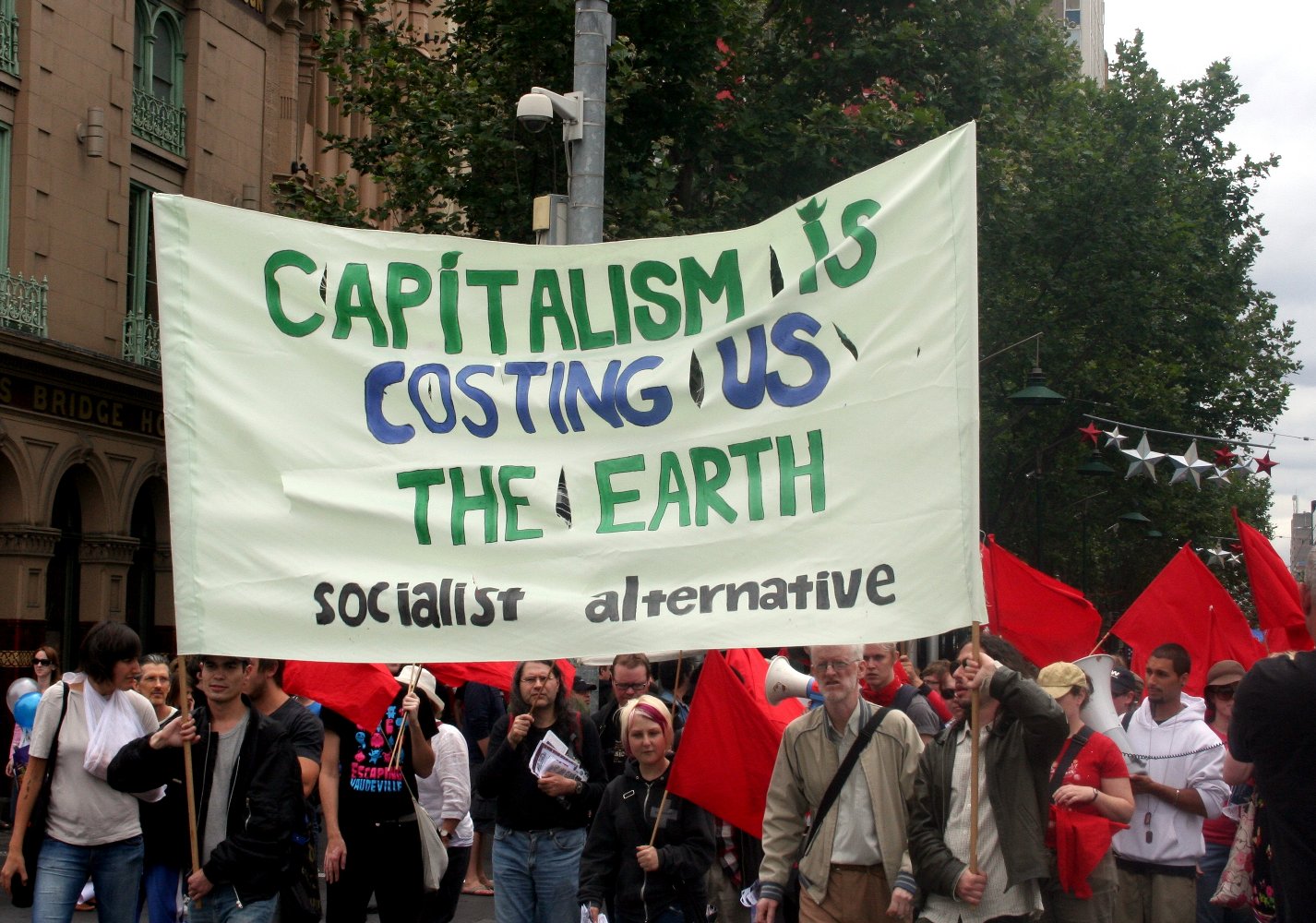
While the impeachment proceedings in the U. S. Senate began last week, President Trump, like Richard Nixon under fire before him, betook himself to foreign parts to advertise the majesty of his office and to change as far as possible the subject. Nixon, in July 1974, visited a friendly Egypt, presumably to consult with the pharaohs. Trump went to Davos, Switzerland for the annual self-congratulation of the plutocrats who rule the world’s economy.
The one exercise was as unproductive as the other. For Trump, there was the added cynosure of our resident Joan of Arc, Greta Thunberg, the Swedish teenager who put in an appearance to remind the world’s misleaders that the planet was burning around them at an ever-accelerating rate and that capitalism was not going to save but consume it. Replying for the world’s only head of state to deny the reality of climate change, Trump’s inept and thuggish Commerce Secretary, Steve Mnuchin, sneered at Thunberg, suggesting that she wait to go to college before lecturing humanity’s gravediggers on the global crisis.
To fully appreciate where we stand at this juncture of the human story, we might do well to look back on the century recently ended. The first observation we might make is that it was by several magnitudes the most murderous one we have ever had. Some 230 million people were killed in interstate and civil wars and their accompanying genocides. Hundreds of millions, if not billions, more might have died had nuclear wars broken out in the wake of the atomic bomb, a prospect widely expected and even planned for by Dr. Strangeloves on both sides of the superpower divide.
Such wars were narrowly averted on several occasions, notably the Cuban Missile Crisis. They remain on order today, or on any tomorrow where political conflicts get out of hand with fools reckless or desperate enough to pull the trigger. So far, we have been lucky — far luckier than we may realize — in having escaped nuclear war. Does anyone want to bet on the next hundred years? The next five hundred?
Of course, we have a new apocalypse on the horizon (or, more accurately, in progress): the climate crisis. Here, the mechanism is unchecked population growth and the demand for a world economy that not only keeps pace with it but exceeds it to provide a so-called higher standard of living. In the past 50 years, the human population has more than doubled, from 3.5 to 7.6 billion. In the same period, economic productivity has increased more than fivefold.
It is true, population growth in the developed world has leveled off and, particularly in Western Europe, begun to shrink. But we also have existing populations living longer and still growing rapidly in parts of Asia, Latin America and particularly Africa. We are consuming more resources, even as they approach exhaustion, and we are generating more pollution, even as our toxic skies, soil, rivers and oceans wreak havoc on complex and vulnerable food chains, species balances and climate effects we have barely begun to comprehend. Nuclear war may or may not come in this century or the next. But resource wars and vast population migrations certainly will. Oceans will rise, islands sink and coastal regions disappear; yet, in fifty years, we may find water more valuable than gold. And we will kill to have it.
The single engine that drives this crisis is capitalism and the globalization of the world economy it has produced. Capitalism entails the systemic maximization of a single yardstick, profit and a single value, money. It has inevitably brought about globalization in turn, and globalization, as both Adam Smith and Karl Marx foresaw, has made capitalism a universal world system, each propelling the other.
Marx believed that this would lead to disaster, and disaster to revolution. The first part of his prediction is likely to come true. We have a world as economically integrated as it is politically splintered. That is, we are making our climate and resource crises more and more exigent, even as we make the cooperative global approach we need in dealing with them less and less likely. Imperialism gave us the two world wars that made the 20th century the deadliest in history. International anarchy, fueled by unchecked private interests, threaten us with new and intractable conflicts that may make the wars of the past look like skirmishes of pikes and muskets. And this time, we will ultimately be fighting an opponent we cannot defeat: Mother Nature.
Is all this inevitable? No; nothing is. We can’t let ourselves off with fatalism. Each day offers us a choice. Our choices, it is true, will narrow: we have run out of time to waste. And we must disabuse ourselves of the lies we are told and tell ourselves that limitless growth, demographic and economic, is sustainable; that social justice is yesterday’s folly rather than a prerequisite for civilized survival and that technology divorced from value will rescue us in the end. Somehow, we will have to learn how to govern ourselves globally, since we now live in a very small world. Somehow, we will have to learn how to distribute the goods among us equitably. Somehow, too, we will need to accommodate freedom and diversity within whatever structures we build. We will not be saved by a monolith.
The human race, you might say, is one of evolution’s experiments. Its result, barring an asteroid strike or a wobble of Earth’s axis, is up to us. But there’s a simple truth we must start from. The planet does not need us. It is we who need the planet.


